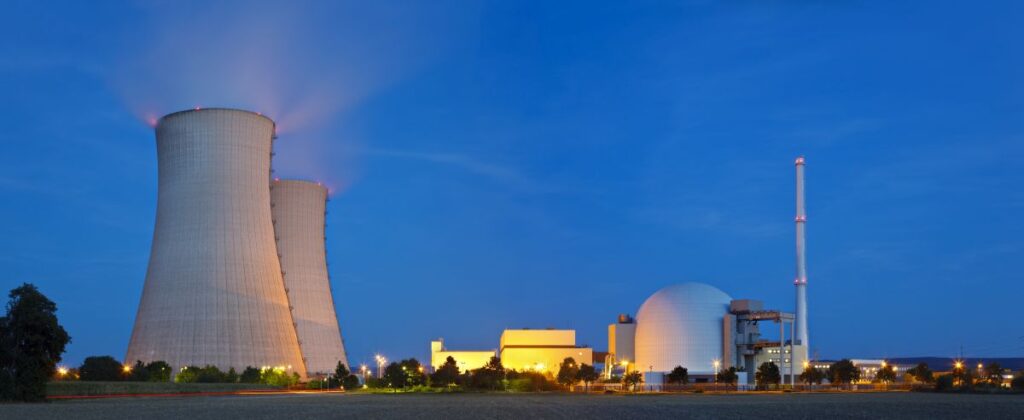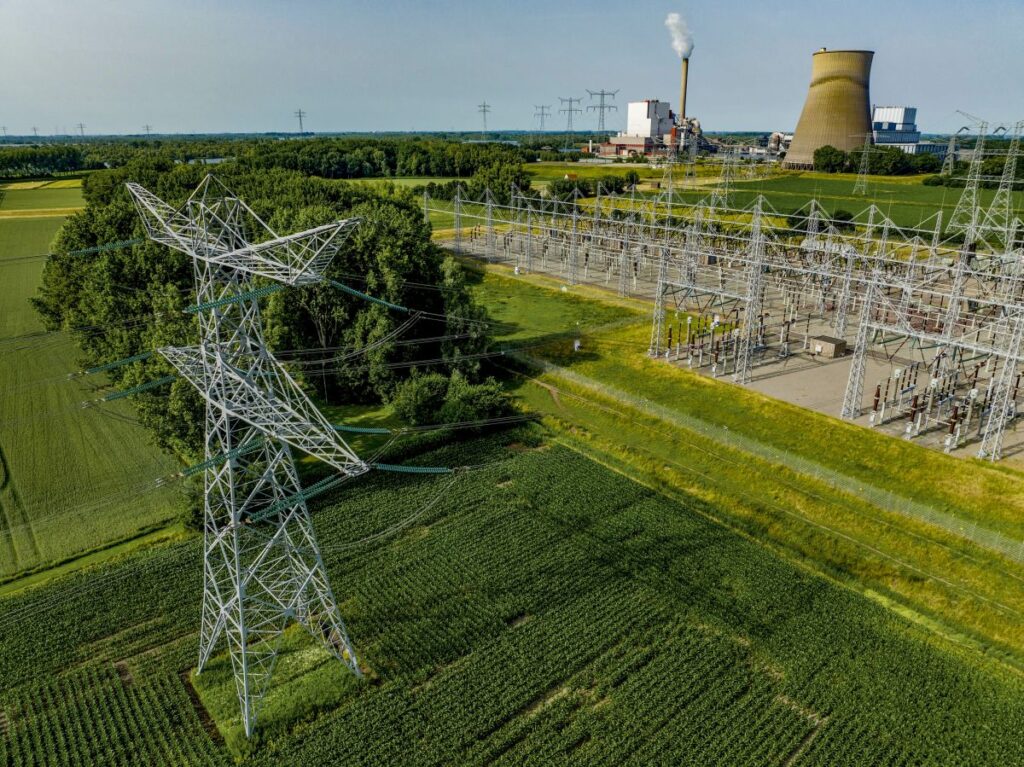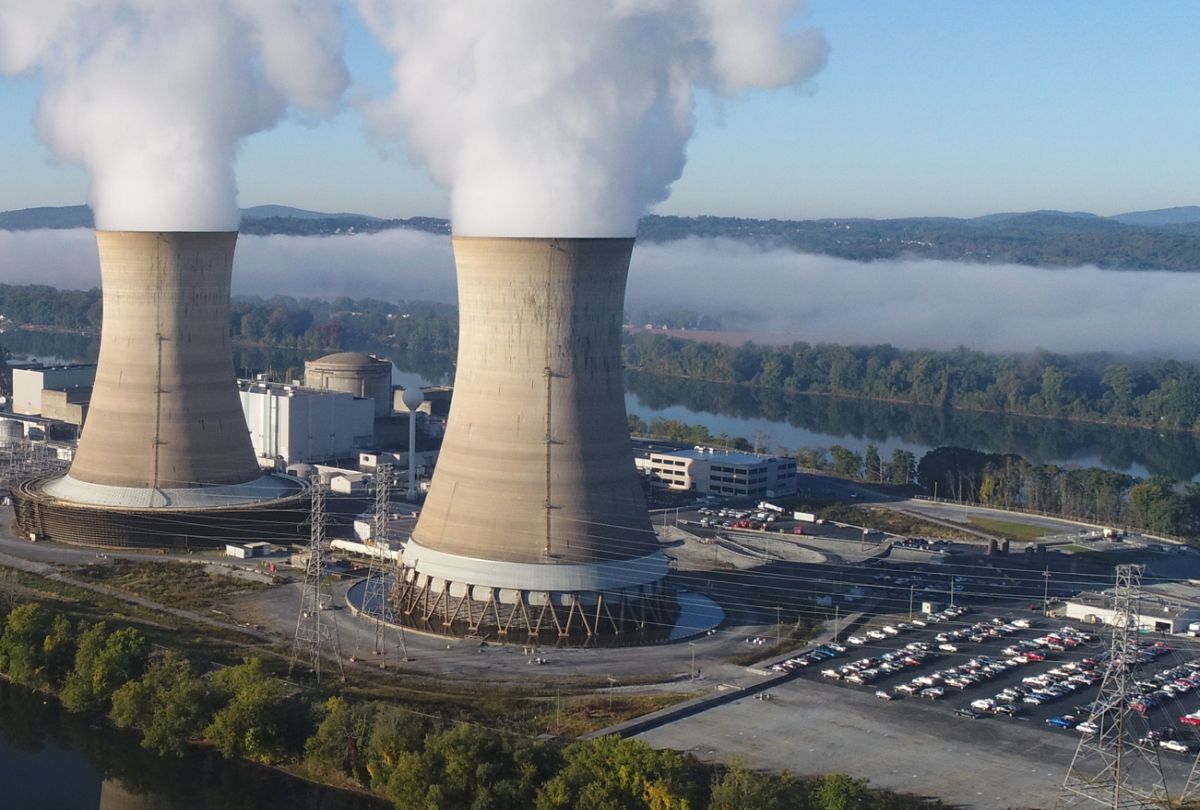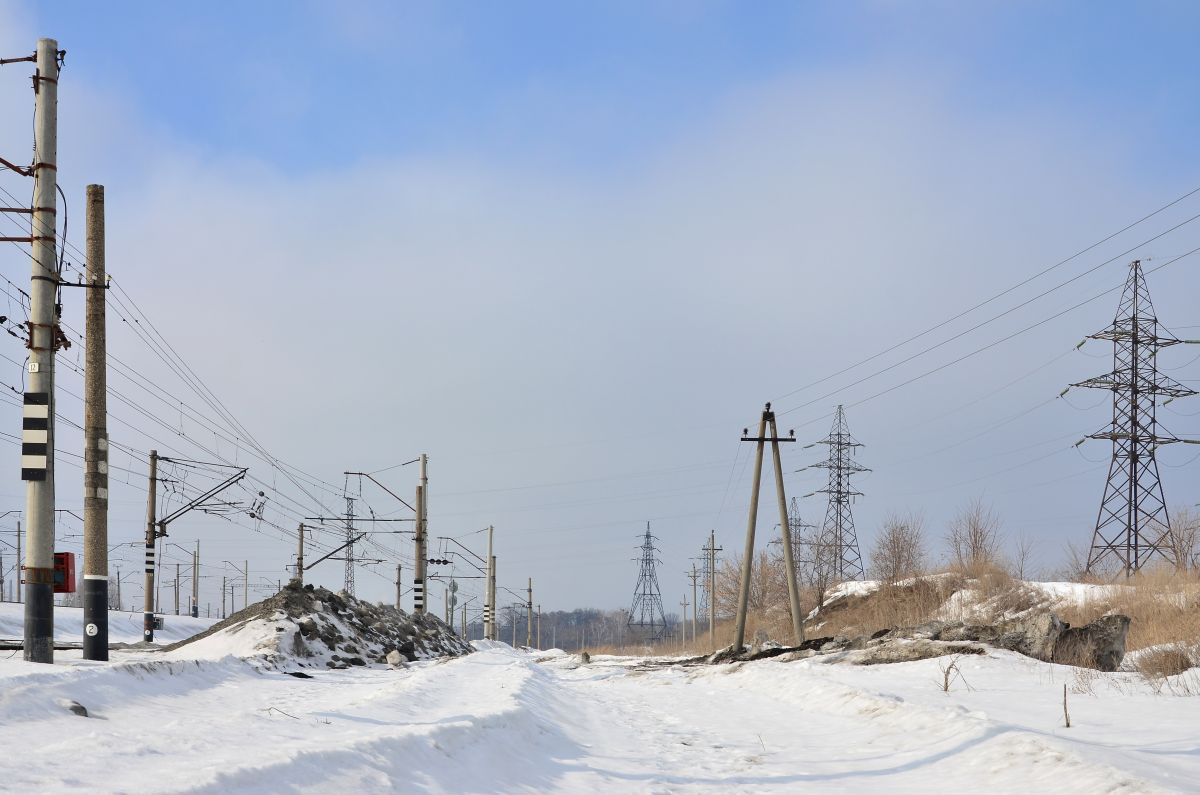As the United States moves toward an era of sustainable energy, the nuclear sector is experiencing renewed interest, driven by advanced reactor technology and supportive legislation like the recently enacted ADVANCE Act. This act, short for “Accelerating Deployment of Versatile, Advanced Nuclear for Clean Energy,” has set an ambitious agenda to modernize regulatory frameworks, promote next-generation reactor designs, and address obstacles slowing the deployment of nuclear technologies. An official from the U.S. Nuclear Regulatory Commission (NRC) recently stated that this new legislation is “keeping the NRC very busy,” with over 30 implementation actions underway. This surge in regulatory action underscores the critical role of the NRC in advancing nuclear energy in the U.S., balancing the need for safety with the nation’s clean energy goals.
Modernizing Regulatory Approaches to Enable Next-Generation Reactors
The ADVANCE Act significantly emphasizes reshaping regulatory practices to facilitate the deployment of advanced reactors. Traditional nuclear reactors and their associated regulations were designed decades ago, making it challenging to accommodate innovations in reactor technology. This act mandates a forward-looking approach, directing the NRC to create adaptable regulatory pathways for advanced reactors. This includes simplifying application processes and shortening timelines, a crucial step in meeting the anticipated growth in demand for advanced reactors.
The NRC is currently working on more than 30 actions, including rule changes, updated safety guidelines, and revised reactor licensing processes to streamline regulatory approvals. By adjusting the regulatory structure, the NRC fosters an environment where emerging nuclear technologies can thrive while maintaining strict safety standards.
Enhancing Safety Standards in Light of Advanced Nuclear Technologies

As the NRC works under the ADVANCE Act’s guidelines, it is taking several actions to elevate safety standards for advanced nuclear technologies. Here’s a summary of the key safety enhancement initiatives:
- Prioritizing Safety in Advanced Reactor Designs: Safety remains the top priority, with the NRC focusing on adapting regulatory frameworks to accommodate new technology.
- Revising Safety Criteria for Next-Generation Reactors: Advanced nuclear reactors use alternative cooling systems, modular designs, and passive safety features that require updates to traditional safety standards.
- Redefining Standards for Modular and Autonomous Technologies: The NRC is exploring new frameworks that account for the unique safety properties of smaller, modular reactors and potentially autonomous safety mechanisms.
- Developing Technology-Specific Standards: To address their unique characteristics, the NRC is creating specific safety standards for emerging technologies, such as Small Modular Reactors (SMRs) and microreactors.
- Reducing Regulatory Uncertainty: The NRC aims to minimize regulatory uncertainty for developers while ensuring adherence to rigorous safety benchmarks by establishing clear, updated guidelines.
- Promoting Innovation within a Safety Framework: These enhancements enable the NRC to uphold its public safety commitment while supporting innovation in nuclear technology.
Economic and Environmental Considerations for Nuclear Projects
While the ADVANCE Act is focused on advancing nuclear technology, the NRC is also tasked with assessing these initiatives’ economic and environmental impacts. The deployment of advanced reactors offers significant potential to reduce greenhouse gas emissions, as nuclear energy is one of the most reliable sources of low-carbon power. However, economic barriers remain, particularly concerning the costs of developing and licensing new reactors. NRC’s role in this regard is to streamline licensing while ensuring that environmental impact assessments are thorough and accurate.
Conclusion: A New Era for Nuclear Energy with the ADVANCE Act
The ADVANCE Act is poised to redefine the nuclear landscape in the U.S., positioning advanced reactors as a key component in the country’s clean energy future. The NRC’s active role in implementing over 30 actions under the act reflects the urgency of adapting to a rapidly evolving nuclear sector. By modernizing regulatory approaches, enhancing safety standards, fostering collaboration, and considering economic and environmental factors, the NRC is laying the groundwork for a new era in nuclear energy.
Disclaimer: Any opinions expressed in this blog do not necessarily reflect the opinions of Certrec. This content is meant for informational purposes only.












